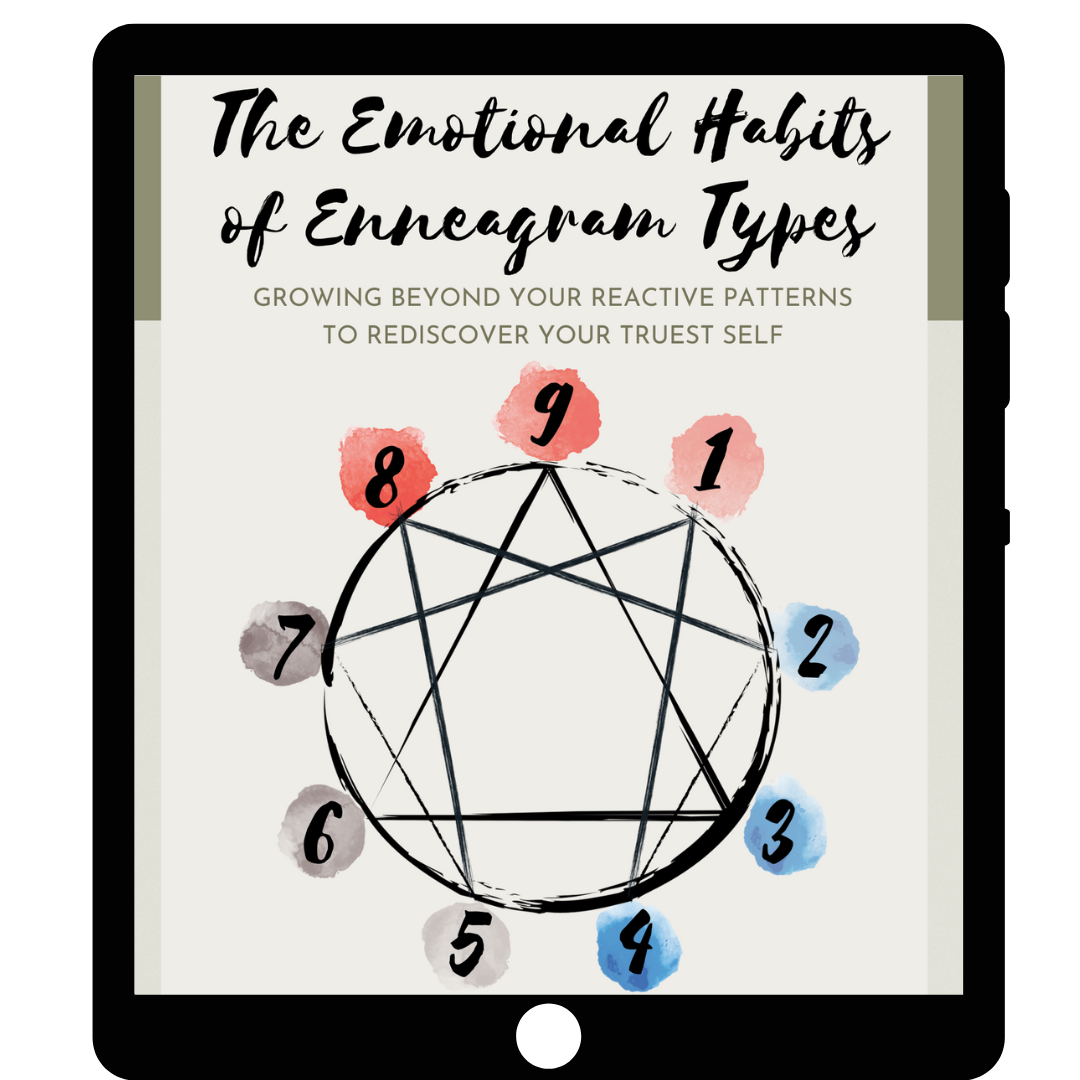Much like rallying in tennis, great relationships are built on back-and-forth conversations. One person can’t do all the work, and both parties must be engaged and take responsibility in continuing the connection.
However, different ways of “serving” or “hitting” the conversational ball make a huge impact on whether your partner can return the volley, which influences how well you can do the same, etc.
These “serves” show up in what’s known as the Journalistic Six Questions, AKA the six “WH” questions:
WHO
WHAT
WHEN
WHERE
WHY
HOW
These journalistic questions are designed to gain more information about the other person. However,
🔴 ONE is a bomb that blows up the convo with collateral damage,
🟡 THREE/FOUR are duds that lead to dead ends, and
🟢 TWO are gems that lead to greater intimacy.
So, which one is which?
WHO, WHEN, WHERE: These Lead Nowhere
The three questions, WHO, WHEN, and WHERE are what’s called CLOSED questions: once the other party answers the question, the conversation’s done and you’re basically stuck with needing to ask another question if you want it to continue.
Some examples?
WHO - Who did you have lunch with the other day?
WHEN - When was your doctor’s appointment?
WHERE - Where are you from?
Sometimes WHAT joins into the mix:
WHAT - What’s your major?* What do you do?*
*This the most commonly asked question in college and post-grad and is the MOST BORING QUESTION EVER.
These questions are useful every once in a while, but try not to rely on these as the conversation becomes very dry and your convo partner doesn’t know what to do next (except maybe to ask YOU these same questions).
*Cue awkward silence*
WHY: AVOID the NUKE
One of the most commonly asked questions is also one of the deadliest. WHY is intended to ask about the other person’s intentions or reasons, but often the convo explodes and goes a completely different direction, leaving a trail of dead bodies in its wake.
WHY is this? It’s NOT because the contents of the question itself are bad. Rather, it’s because often the underlying tone (whether the asker actually meant it or not) leads the listener to feel like they’re feeling interrogated.
Let’s say that someone asks you these questions:
Why did you go to the store?
Why did you call me?
Why did you choose your major?
Why do you like chocolate chip cookies?
Even innocent-ish questions can feel sharp when you’re on the receiving end. Generally, we don’t always react to the literal CONTENT of the conversation (i.e., the words spoken - WHAT was said) because our brains process nonverbal cues (e.g., tone, body language, facial expressions - HOW it was said) MUCH more quickly.
(This is because the THINKING brain - which focuses on content - is MUCH SLOWER than the FEELING brain - which focuses on relationships).
So if you’re using WHY questions, don’t be surprised if the other person gets defensive! They may feel like they’re being put on trial, i.e., that they need to explain or defend themselves.
It’s as if the answerer needs to provide a “legitimate” response or justification, which can be really painful for those who already struggle with low self-esteem. (And who gets to determine what’s legitimate?)
Defensiveness is one of the Four Horsemen of the Apocalypse that signals the end times of a relationship. If someone is often defensive, they can put a strain on the connection.
However, if you ask questions in a way that seems to frequently elicit defensive reactions in others, perhaps it’s the questioner (rather than the questioned) who needs to change.
WHYs are TERRIBLE questions for cultivating relationships, which ought to be built on safety, trust, and closeness. When WHY is asked, the asker (accidentally) takes a one-UP position (the interrogator) and the listener (accidentally) takes a one-DOWN position.
Rapport is hard to build when there’s an inherent power dynamic - one person being ABOVE/UNDER the other - because it’s as if there’s one winner and one loser. Competition or comparison is NOT a great setup for intimacy.
HOW & WHAT ABOUT:
The Magical Questions
You may have genuine curiosity about your conversation partner’s WHY. The reasons or values that go into making decisions are truly personal - getting to know them about each other is what creates intimacy!
However, precisely because these things are personal (and thus more vulnerable), it’s important to INVITE your partner to voluntarily share about themselves, not try to FORCE them to open up. In order to foster connections, it is important to try and BE trustworthy rather than try to DEMAND trust.
Signal to the other person that they ARE good, respectable, worthy and that their interests, opinions or thoughts DO matter. Instead of interviewing or interrogating them, it’s good to ask questions to understand them on their own terms/timing.
The thing with the two questions HOW and WHAT ABOUT is that you have no clue what the person’s answer might be. Instead of making YOURSELF the expert of their experience and judging what’s good/bad, you are making THEM the expert with you as the student.
By going into a one-DOWN position, you are voluntarily relinquishing authority to the other person by indirectly saying that their answer DOES matter, that it DOES have weight, and that you will SUBMIT yourself into receiving their answer as it is (not what it “should” be).
Fortunately, WHY questions could easily be converted into HOW and WHAT ABOUT. These two also keep questions OPEN (rather than closed), so they keep the convo going in a much more interesting way.
An Example:
Let’s go with the BORINGEST question: “What’s your major?“
If you were to just stick to that question, the convo would end (boringly).
If you were to follow that up with WHY (“WHY did you choose your major?”), the convo *might* lead the person to feel more nervous or even turn sideways.
Alternatively, if you were to follow this up with:
HOW (“How did you come to decide your major?”) or
WHAT ABOUT (“What about your major do you enjoy?),
the listener would feel like you’re interested and respectful and would probably open up more about themselves. Feeling seen, known, and understood, the listener would likely move TOWARDS you (vs. AWAY FROM or AGAINST).
Here’s the template on how to use these two questions:
HOW did you ______?
WHAT ABOUT (topic) do you (emotion)?
Any typical closed question could be followed up with either of these to spice it up but without the flammability.
“What about key lime pie do you enjoy?” is literally asking the same thing as “Why do you like key lime pie?”, but because the listener’s brain is hearing a softer, welcoming tone, they are likely to remain calm, connected, and open.
Keep the Rally Going
In summary, here are the six journalistic questions:
🔴 The Nuke Question: WHY
🟡 The Closed Questions: WHO, WHEN, WHERE, (WHAT)
🟢 The Inviting Questions: HOW & WHAT ABOUT
The way to cultivate intimate relationships is through respect, safety, and invitation. Experiment with these six questions to see which helps you move TOWARDS, AWAY FROM, or AGAINST each other.
What are your Enneagram type's emotional habits?
Grab this free guide that shows you how to grow beyond the patterns that keep you stuck!
Don't know your Enneagram type?
Find yours here!
© Copyright 2021 Joanne B. Kim. All rights reserved.
JOANNE B. KIM, LMFT
Joanne is a Licensed Marriage & Family Therapist and Certified Brainspotting Practitioner in San Jose, CA, who loves helping people create emotionally thriving relationships. She helps people EXHAUSTED by anxiety, shame, and an allergic reaction to anger create VIBRANT relationships where they matter, too.
Many of her clients are:
(1) the highly responsible, conscientious, and empathic types
(2) Enneagram Type Ones, Twos, Fours, or Nines
(3) Highly Sensitive Persons (HSPs)
(4) adult survivors of emotional abuse and neglect
The most common words spoken by those who’ve sat with Joanne: “I thought it was just me. I’m NOT crazy!”
“I can finally figure out what to do with all these feelings!”








































In a conversation with Catherine Quiring of the Coming Home to Ourselves Substack, we explore the Enneagram through the lens of the show Ted Lasso, going into the importance of emotional intelligence, the role of instincts & subtypes in the Enneagram, and how these concepts can help individuals navigate their personal growth and relationships.